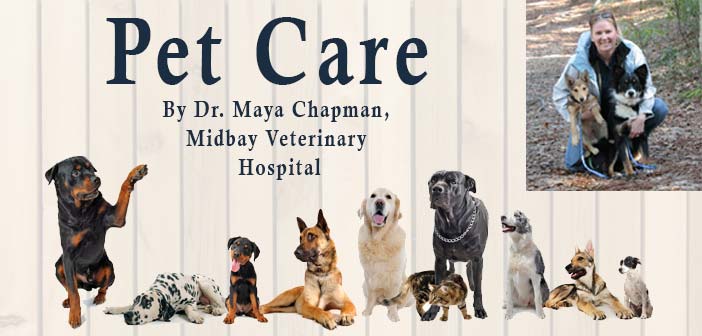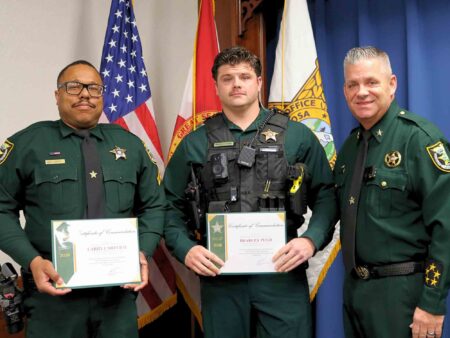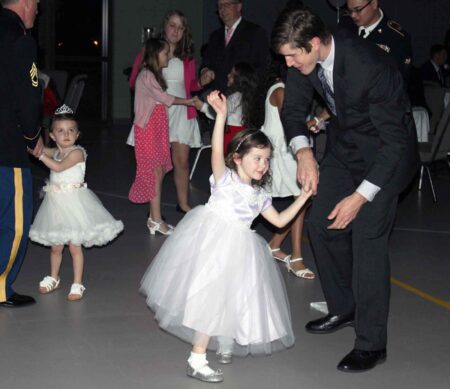Thanksgiving is a time of giving thanks and reflecting on our blessings in life. While most of us enjoy our large thanksgiving dinners with family and friends, please do not share your thanksgiving feast with your furry family. There are many items that can be toxic or dangerous for our pets to consume or get into.
- Avoid fatty foods such as ham, turkey skin, fried meats, etc. These can cause a life threatening pancreatitis condition in which the pancreas gets inflamed and causes severe vomiting and diarrhea. Dogs in particular have very sensitive stomachs and one of the number one reasons for visits this time of year to the animal emergency clinic is for gastroenteritis and/or pancreatitis.
- No bones! Bones are known to splinter and cause intestinal blockages and gut perforations when consumed, especially cooked bones.
- Onions and Garlic (including onion and garlic powder) can cause life threatening anemia. These are both common ingredients in many stuffings and side dishes.
- Grapes and raisins that are found in many fruit salads can cause kidney failure.
- All these tasty foods are very tempting to dogs when the leftovers are thrown away. Try to get garbage out of the house and into a secured location to prevent your pet’s access to it.
- Visitors: Many pets are scared of all the company that is coming in and out of the house. Try to find a safe place for your pets, where they will not feel threatened. Be sure to watch the doors when visitors are coming in and out to be sure no pets escape from your home.
If you want to share in the festivities with your pets, consider only offering low fat morsels (such as boiled white meat turkey, green beans, or carrots). You can even put out a jar of dog or cat treats for your guests to offer your pets, instead of table scraps. Remember that a small bite of turkey and gravy can end up costing thousands of dollars in emergency medical care. We want to have many years of Thanksgivings with our pets and it is our responsibility to ensure that happens.
Article by: Maya Chapman, DVM
Midbay Veterinary Hospital





